
Phillip Freeman, M.D., D.M.H.
Clinical Practice
General adult psychiatry utilizing psychotherapy, psychoanalysis, and medication as indicated.
Individuals are unique as are the emotional difficulties, inhibitions, and deprivations that they suffer. My goal is to provide an assessment that is sensitive to these complexities, and a pragmatic treatment that is tailored to the requirements of the unique individual.
Orientation: Psychodynamic, Psychoanalytic
Modality: Individuals, Couples
Years in practice: 30 years
Medical school: Columbia University Physicians and Surgeons
Graduate School: University of California, San Francisco; University of California, Berkeley
Certifications: Psychiatry, American Board of Psychiatry and Neurology; Psychoanalysis, American Psychoanalytic Association
License No. and State: 55234 Massachusetts
Phillip
Freeman,
M.D., D.M.H
A Chronicle of the Efforts of Modern Psychoanalysts to Hold onto Their Dignity while Adapting to the Marketplace.
A compilation of ten monologues in print and on CD.Hans Sachs Archives/Word Association Press, 2007, 91 pages.
5.0 out of 5 stars
Brilliant and laugh-out-loud funny!
Phillip Freeman's book is …about psychoanalysis, psychoanalytic politics, contemporary culture, and human foibles. Freeman manages to weigh in against the trend to make psychoanalysis more "relevant" to today's culture by pillorying that culture… importing stories and concepts from archeology, neurobiology, and the shtetl to show that the heart and soul of Freud's contribution shouldn't be diluted by pandering to popular trends…he is not only an intellectual, but a stand-up comedian and story-telling humorist--think Robin Williams meets Spaulding Gray... As someone who came from the psychoanalytic tradition, I was delighted, amazed, and ultimately touched by Freeman's passion and wit.
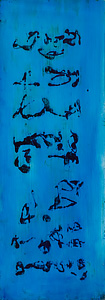
“…a literary genre invented by Phillip Freeman, compounded out of the spirit Freud's essays, the most brilliant style of university lecture, the most subtle and savage standup comedy I have ever heard… a marriage of love, wit, great learning and immense intelligence. I know nothing remotely like them. It is a fantastic stroke of luck that they have found their way into print.”
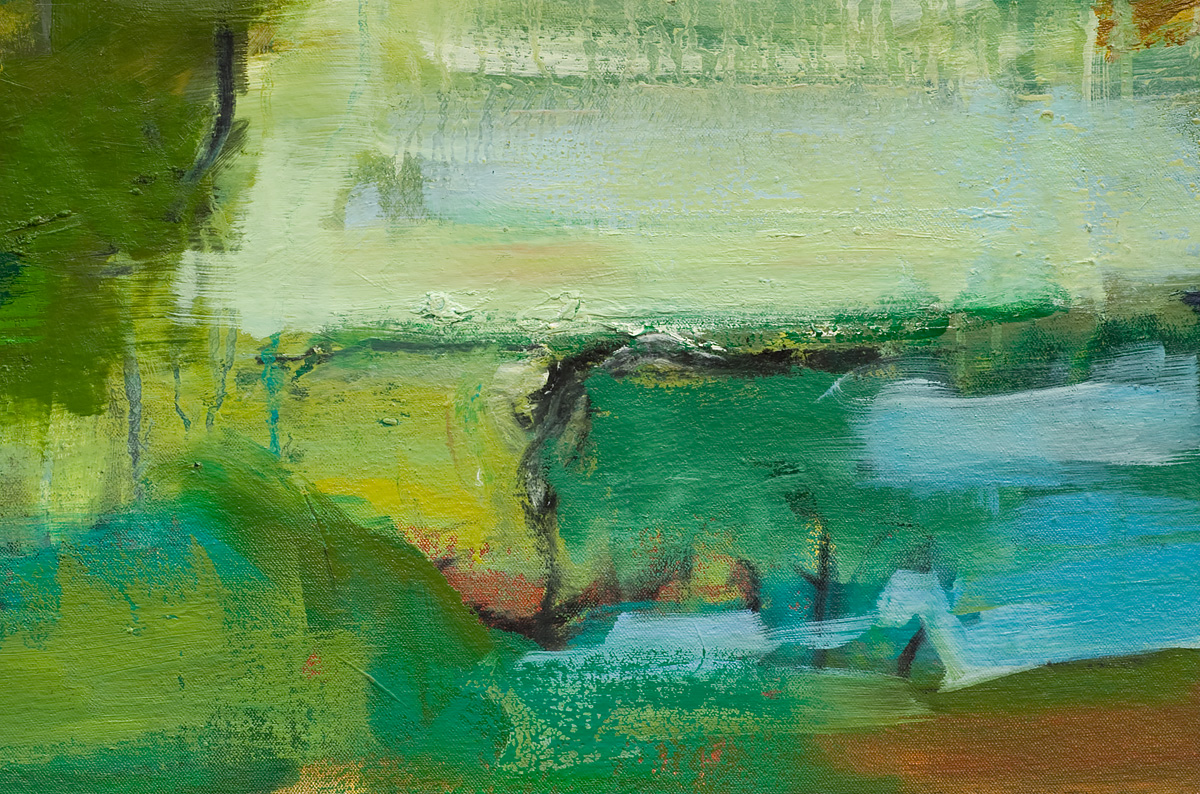
"Psychoanalysts tend to take themselves much too seriously… but Phillip Freeman has an antidote…he holds up a fun house mirror…ruthlessly surveying the field, mocking every sacred cow he can find. This he does with deadpan psychotic humor and irresistible charm. Phillip is the Shakespearean fool who illuminates, and thereby ameliorates, the tragedy.
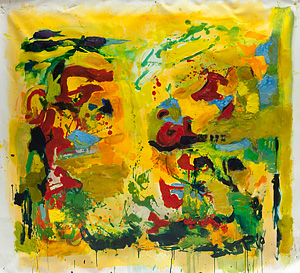
"We’re dwarfed not only by the brilliance of Phillip's writing, but by the theater of his presentation, the uniquely matter-of-fact timbre and pace of his voice as he glides among his sparkling non sequiturs…"

"These brilliant nonlinear annual disquisitions on the state of psychoanalysis, gild their philosophic pills in marvelous comic display of their author’s erudition. Charming the reader as they illuminate the multiple problems currently facing psychoanalysts, they can provide profit and pleasure to a much wider readership than the local celebrant to whom they were originally addressed."
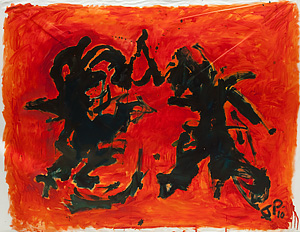
“…these are the kinds of fast-paced, comedic monologues that warrant rereading/rehearing, not only because there are more subtle laughs to be had between the big guffaws, but because attending to the details of the multi-stranded stories allows for the fullest appreciation of Freeman's underlying philosophy about psychoanalytic training and what it means in our current culture. In this fashion, Freeman is more the anthropologist of our field than anything else—explicating what we all see, but from new vantage points. The fact that his disquisitions are hilarious helps all of us get outside enough to catch the view.”
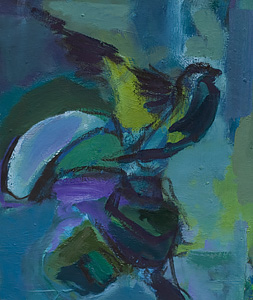
“…a breath of fresh air that allows us to keep our sense of humor as we confront the problems challenging psychoanalysis today.”

“...his running commentary and side-splitting asides may only amuse for a time. After our brandy and cigars, we may leave the joint wondering if we should not get to shelter or send word to France that help may be needed to restore what is left of our shattered kingdom.”

“…a running critique of the state of the discipline, more accurately, a critique of the state of Discipline itself in our time…Dr. Freeman has produced a work that deserves reading by the widest possible audience.”
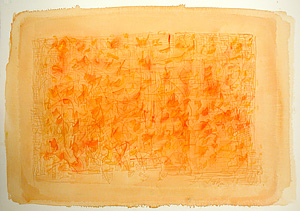
Read the Press Release about the book.
Contact
- P – (617) 928-0287
- E – psfreeman@comcast.net
Media Relations
Dottie Jeffries
- P -(212) 872 1670
- E – dottie@jeffriesmarketing.com
Paintings/Artwork copyright 2020 Jonathan Palmer. All Rights Reserved.

